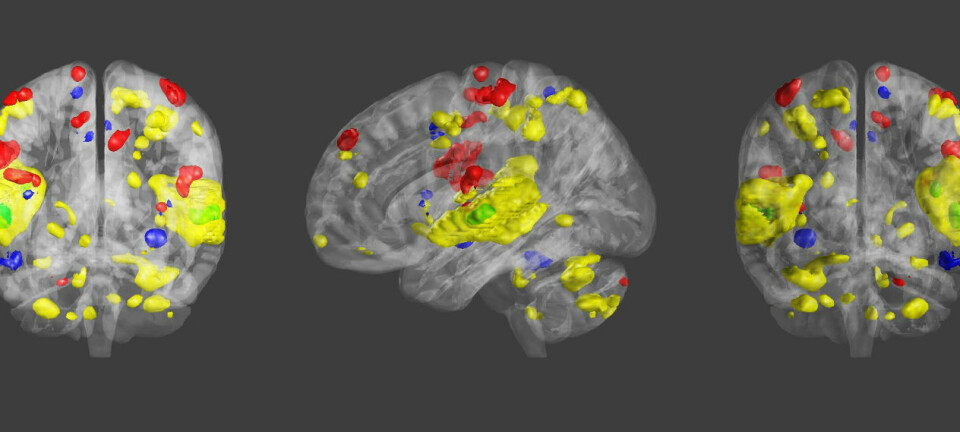
Discharge or diversion? How music helps us regulate our feelings
When it comes to tackling difficult emotions with music, women fare far better than men.
What music do you listen to at times of stress and strife? Perhaps it was a bad breakup that made you listen to Mariah Carey on repeat, or maybe you chose a heavy metal track to release pent up frustrations.
Scientists now think that your choice says a lot about how you process negative emotions and it may even be linked to poor mental health--anxiety and neuroticism.
These are the conclusions of a new study, which shows that men tend to listen to aggressive or sad music in order to focus negative feelings, whilst women tend to use music in a more positive way to cheer themselves up, and as a distraction from negative emotions.
“Music is a powerful force on our emotions and it’s important to know how people relate to music in their daily lives as it could have an impact on our mental wellbeing,” says senior author Professor Elvira Brattico, from the Department of Clinical Medicine at Aarhus University, Denmark.
The results are published in the journal Frontiers in Human Neuroscience.
Two emotional behaviours: discharge vs. divergence
It is perhaps no secret that music can have a powerful emotional effect on us. But scientists know surprisingly little about the effects that it can have during our day-to-day lives.
In the new study, Brattico and her team assessed participants’ mental health to identify likely cases of depression or anxiety. 123 men and women aged 18 to 55 participated in the study and answered questionnaires about the ways they use sad or aggressive music to regulate their emotions.
There seemed to be two main strategies that people use when listening to music: a discharge strategy and a diversion strategy.
A discharge strategy describes a scenario in which you are feeling sad, irritated, or even aggressive, and so you listen to music that matches these negative emotions, and allows you to reflect on this negative mind-set.
Conversely, in a divergence strategy, you use music to distract yourself away from these emotions by listening to music that lightens your mood.
“The discharge strategy is used mostly by young men, whereas women tend to use the diversion strategy,” says Brattico, adding that a divergence strategy has positive psychological effects, whereas a discharge strategy can be psychologically harmful.
“A discharge strategy can be considered as unhealthy. We refer to it as ‘maladaptive’, and instead of helping to improve mental well-being, it simply increases negative feelings and makes us feel even worse. And it’s associated with depression and anxiety,” she says.
Different brain activity with divergence or discharge
To delve deeper into the unconscious way in which the brain helps us to regulate our emotions, Brattico and her team monitored the brain activity of the participants while they listened to various types of music.
They discovered key differences in the levels of neural activity in an area of the brain known for processing emotions--the medial prefrontal cortex (mPFC).
They saw a higher activity in this part of the brain amongst the women who used a divergence strategy, and a much lower level of activity amongst the men who use a discharge strategy.
When asked whether the results suggest that women are better at processing their emotions than men, Brattico laughs.
“No we can’t say that. But we can say that people who use a diversion strategy, can perhaps cope better with negative feelings, and we notice this behaviour more in women than in men,” she says.
It is not, says Brattico, that men are unable to process their emotions effectively.
“It’s just that in association with music, men seem to use this part of the brain less than women, or at least that is how it is in our study,” she says and stresses that we cannot make such broad generalisations out of the current study.









